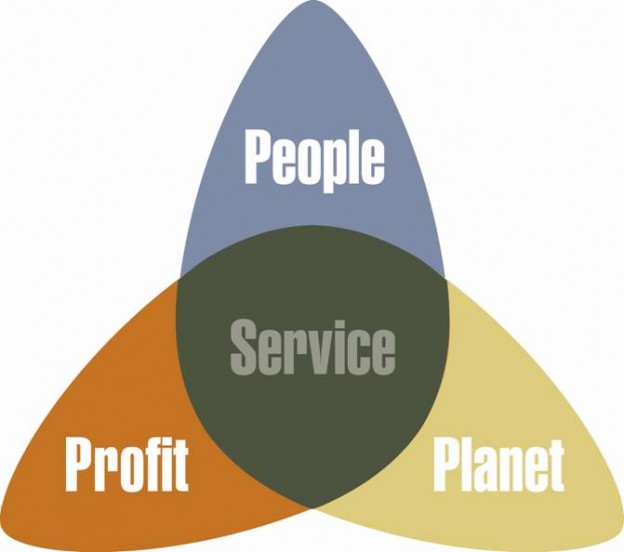The United Nations, if properly funded, has the ability to positively affect the masses. This is vital to assure people are properly nourished and guaranteed basic human rights, however, this does not have long-term sustainability. This is where social enterprise comes in.
While the United Nations helps those in need, Arc and other similar initiatives teach specific groups of these people to help themselves. For example, the Arc initiative teaches entrepreneurs in struggling parts of the world to manage and sustain economic growth in their business ventures. In this sense, the goal of social enterprise is, at some point, to no longer be needed.
I believe we need both the United Nations and social enterprise for third-world nations to accelerate development. The UN works to ensure basic rights are guaranteed for everyone, while social enterprise works to ensure capitalization of these rights. In other words, I do not think that a fully funded United Nations is enough because they do not have the same ability as social enterprises to create sustainable growth third-world nations. The United Nations helps get people in need on their feet, while social enterprise helps them continue to prosper once prepared to do so.
Sources: http://www.sauder.ubc.ca/Global_Reach/ARC_Initiative




